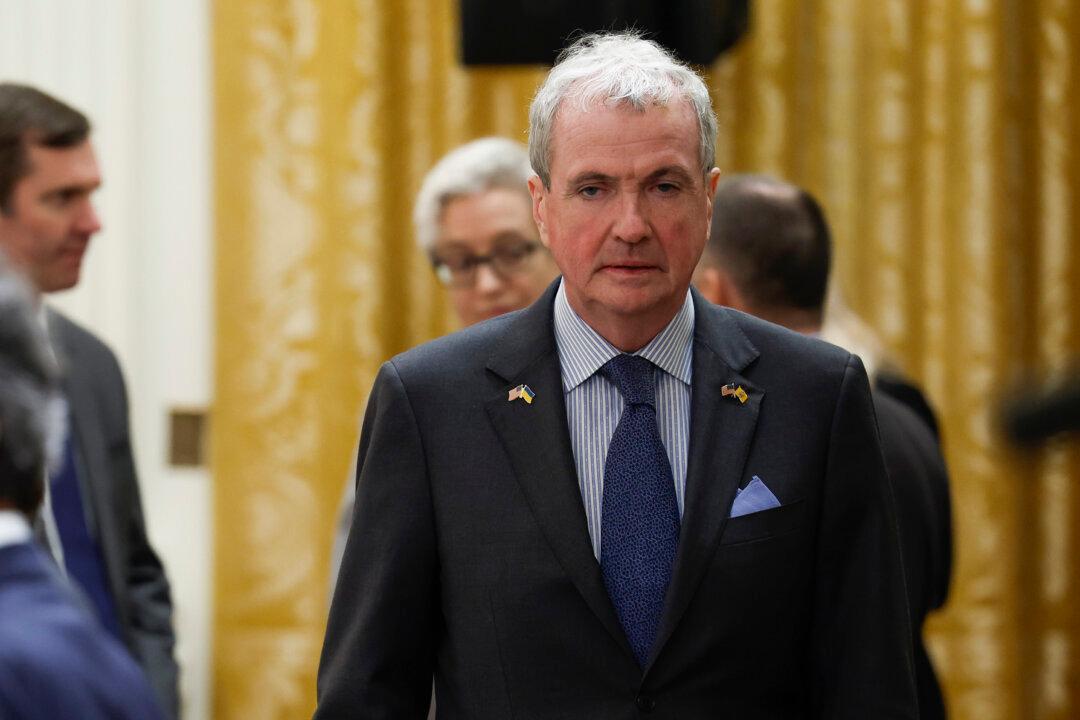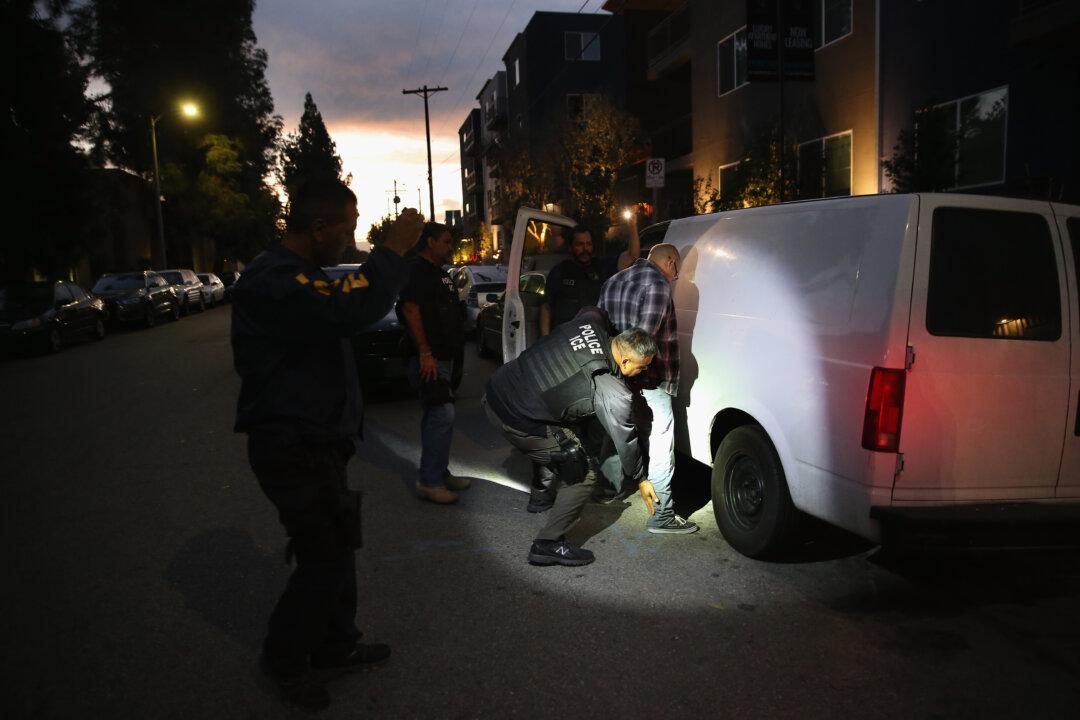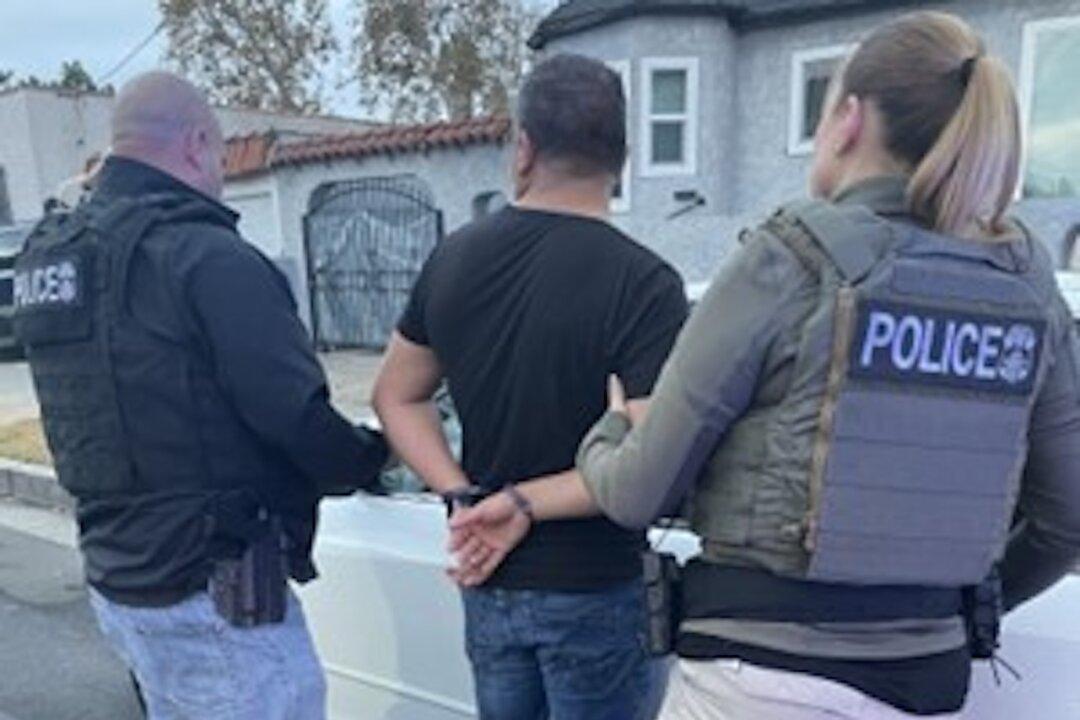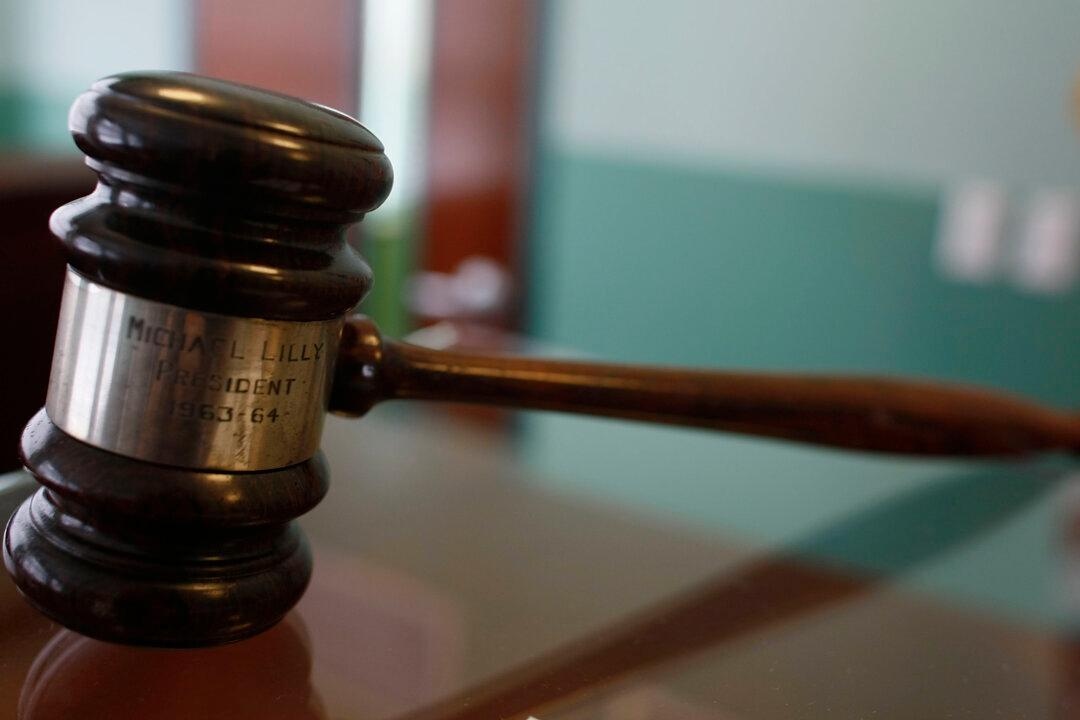Federal agencies continue to uncover Covid-19 fraud years after the pandemic, and recent convictions show a government employee, a college football player, and pharmacy owners all were able to fraudulently obtain pandemic relief funds.
In the latest court action, two pharmacy owners were sentenced June 24 for their role in obtaining $18 million after submitting false and fraudulent claims to Medicare and laundering the proceeds, including during the pandemic, according to the Department of Justice (DOJ).





